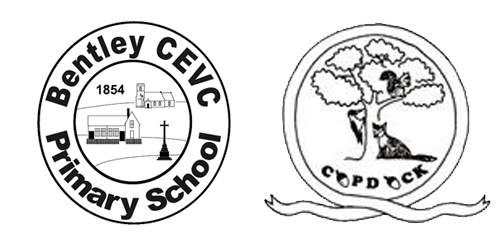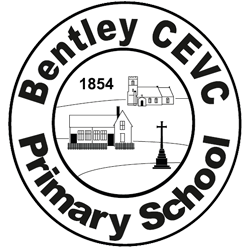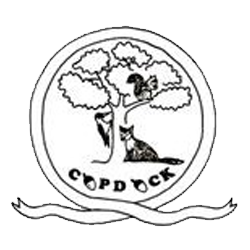History
History is the study of the past -learning about people, places, events and changes.
History begins in the early years through the understanding and knowledge of the world. Within ‘Understanding the world’, there is an Early Learning Goal entitled ‘Past and Present’. Past and present is developed in the following ways: talking about members of their immediate family and community, naming and describing people who are familiar to them, commenting on images of familiar situations in the past and comparing and contrasting characters from stories including figures from the past. Vocabulary is developed to secure the prior learning needed for moving into Phase 1/2. For example, words such as King and Queen will be developed when learning is set in the context of castles.
The sequence in Phase 1/2 focuses on young children developing a sense of time, place and change. They study changes within living memory to develop an understanding of difference over time within concrete experiences of their lives. This chronological knowledge is foundational to the understanding of change over time. Pupils study the Lives of significant individuals, focusing on Boudicca, Neil Armstrong, Mae Jemison, Bernard Harris Jr and Tim Peake. Terms such as legacy are introduced and used within the context of each study. Studies are revisited and enhanced over the two-year programme. Children study local history, their schools and school localities, enabling them to make historical connections to their environment. Events beyond their living memory, here, pupils draw upon early concepts of chronology and connect it to more abstract, but known, events in the past focusing on the Great Fire of London.
In Phase 3/4, pupils study the cultural and technological advances made by our ancestors as well as understanding how historians think Britain changed throughout the Stone, Bronze and Iron Ages. Archaeological history guides us to know how early humans were creative, innovative and expert at surviving in changeable environments. Having an in-depth understanding of Iron Age Britain offers solid foundations for the study of how Rome influenced Britain. This foundational knowledge is built upon and used to support long-term retrieval to contrast culture and technology. Pupils are able to draw upon prior understanding to support and position new knowledge, therefore constructing much more stable long-term memories. Substantive concepts, such as invasion, law, civilisation and society are developed through explicit vocabulary instruction, another central component of CUSP
Later in KS2, knowledge of Anglo-Saxons is revisited and used to connect with a study of the Maya civilisation. The study compares advancement of the Maya culture and innovation to that of the Anglo-Saxons around c.AD 900. Here, location, settlement, people, culture and invention are compared and contrasted. Pupils also study Significant monarchs after 1066. Five kings and queens are a focus of a depth study and comparison, drawing on their beliefs, actions and understanding their legacy. This chronological study revisits known periods of time and introduces new content and monarchs. Ancient history, such as the Achievements of the earliest civilisations - Ancient Egyptians and the study of Ancient Greek life and achievements are also studied learning about the influence on the western world. The understanding of culture, people and places are central to these studies. CUSP History connects these studies with prior knowledge of what was happening in Britain at the same time. The effect of this is to deepen and connect a broader understanding of culture, people, places and events through comparison. Recent history, such as the Battle of Britain for example, is studied in the context of how conflict changed society in the Second World War.
Our history curricuulum promotes and develops diversity through the study of significant individuals such as Mae Jemison, an American engineer & former NASA astronaut who was the first black woman in space. Furthermore, our curriculum prepares children for study beyond KS2 by developing early concepts which are studied at GCSE level: :Democracy & Dictatorship, Expansion & Consolidation, Communism, Opportunity & Equality, Conflict and Tension, Health & People, Power & People, Migration, Empires and People.


